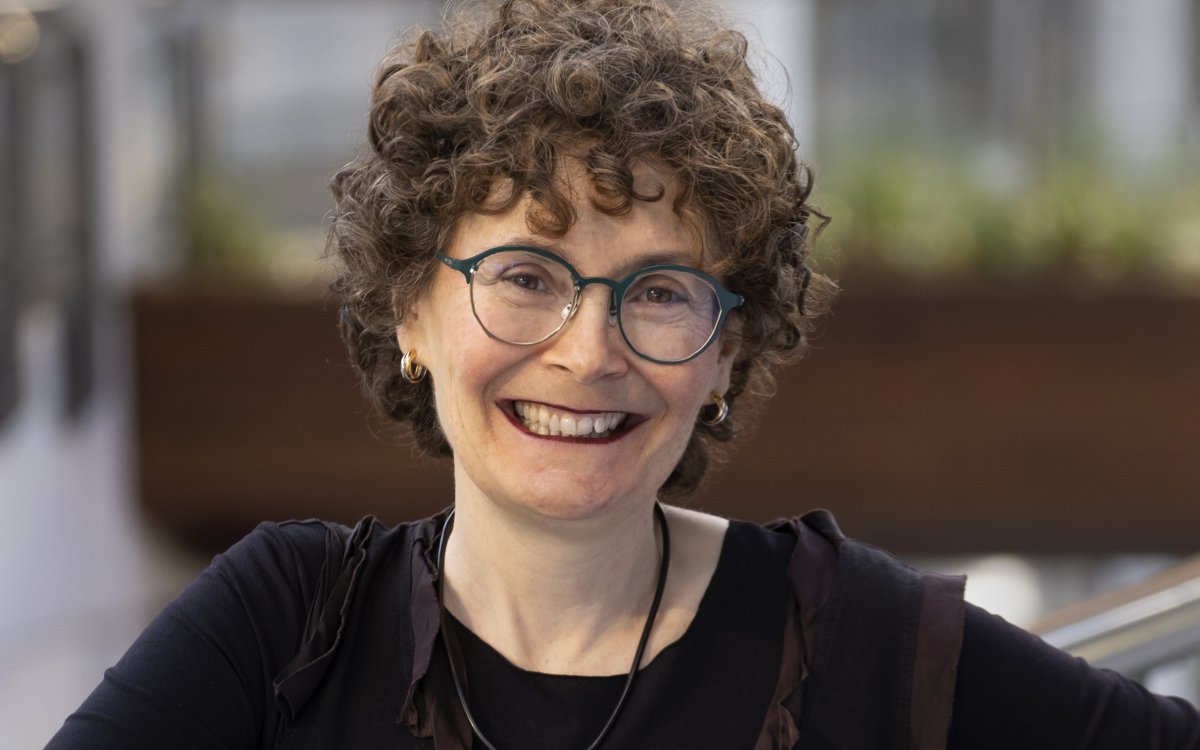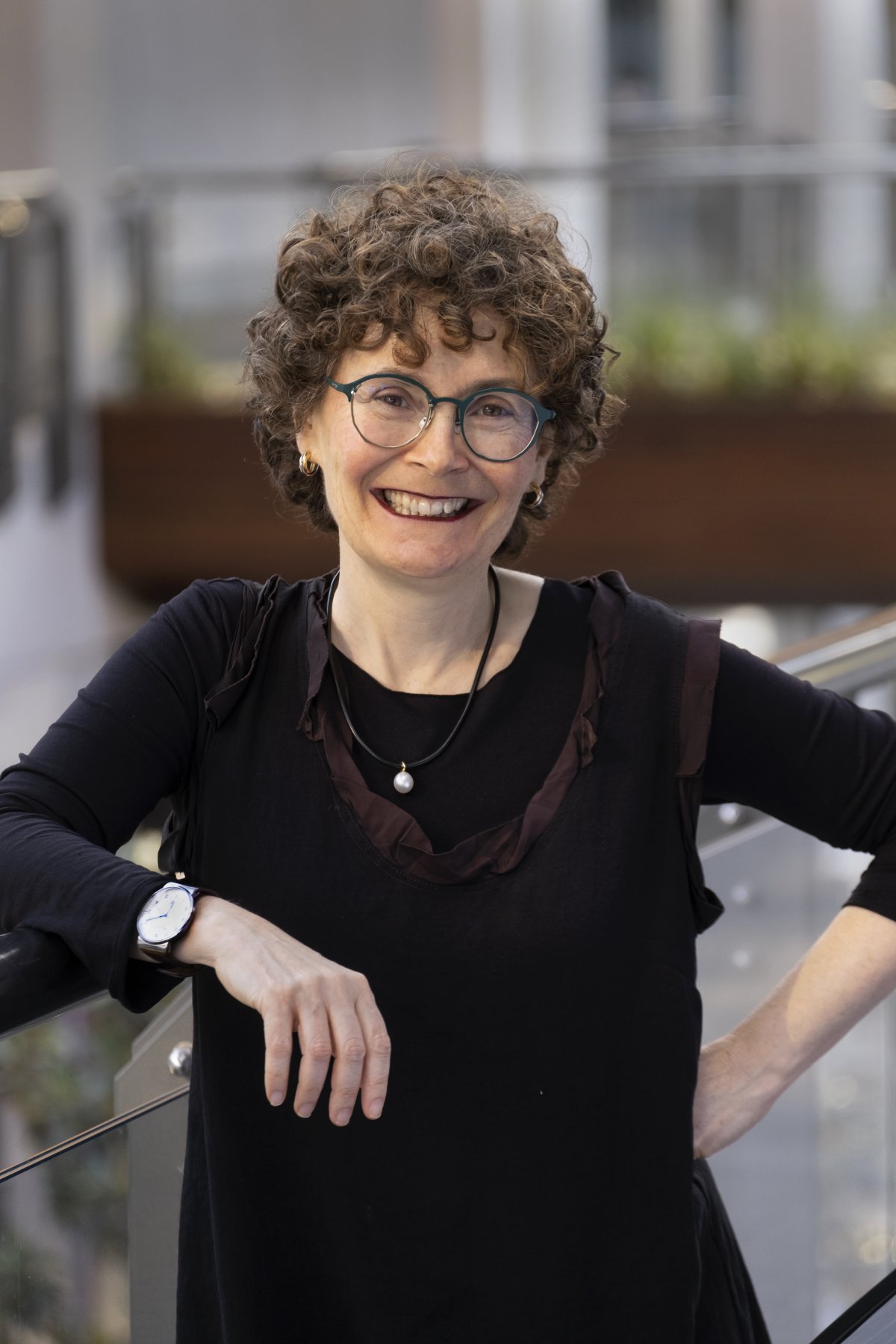Women lawyers stand at the forefront of women's participation in Australian civic life.
As Mary Jane Mossman writes of the first women lawyers in the late nineteenth and early twentieth centuries, while ‘the role of women doctors could be explained as an extension of women’s roles in the “private sphere”; by contrast, women lawyers were clearly “intruding on the public domain explicitly reserved to men”.’

Professor Kim Rubenstein, Courtesy of Michael Silver
Kim Rubenstein is a Professor in the Faculty of Business, Government at the University of Canberra. A graduate of the University of Melbourne and Harvard University, she is Australia’s leading expert on citizenship, both around its formal legal status and in law’s intersection with broader normative notions of citizenship as membership and participation. This has led to her scholarship around gender and public law, which includes her legal work and her oral history work around women lawyers’ contributions in the public sphere. She was the Director of the Centre for International and Public law at the ANU from 2006-2015 and the Inaugural Convener of the ANU Gender Institute from 2011-2012. She is a Fellow of the Australian Academy of Law and the Australia Academy of Social Sciences.
This ‘intrusion’ is far from complete. The past 100 years show many new women at the ‘rolling frontier’ of the Australian legal profession, entering previously male-only areas of practice, adopting new ways of practising, taking up elite legal positions and entering the profession from increasingly diverse sociopolitical, ethnic and religious backgrounds.
This exhibition showcases the experiences of women nominated for the Australian Research Council funded oral history project on Trailblazing Women and the Law. Seeded by a pilot project between the National Library of Australia and the Australian National University (ANU) in 2010, this project evolved into a joint project of the ANU and the University of Melbourne from 2013. It drew upon the support of Australian Women Lawyers, the peak body for women lawyers’ associations throughout Australia, the Family Court of Australia, the Federal Court of Australia, the National Foundation for Australian Women and the National Library of Australia.
Over the past six years, hundreds of women were nominated as possible interviewees for the project.
As the project was funded for a finite number (45) of oral history interviews and those interviews were driven by the research objectives of the academic investigators of the project, it was determined that it was important to showcase in different ways all the women nominated up until June 2016 as having made a significant contribution as women lawyers to Australia. The exhibition also identified lawyers already on the Australian Women's Register.
This is in no measure a full account of Australian women lawyers who have made wonderful contributions to our society and there are, no doubt, many more who haven’t been identified in the exhibition. That is purely due to the constraints of setting up something as ambitious as this project with its limited resources. It is also testament to how important it is to immediately mark the contributions so far brought to the project’s attention!
Activities
- What does it mean to be an active citizen?
- What are some examples of active citizenship you’ve experienced or know of (perhaps something a parent or friend has done/does)?
- How important is it for people in a society to take part or take interest in the things happening around them? What are the positive and negative consequences of this?
- As historical source material, how valuable are oral history recordings?
- What are the advantages of using oral history recordings as source material?
- What could be the disadvantages?
- Despite society making great strides in gender equality in the past century, there are still many instances where more work needs to happen.
- Where appropriate, have students consider jobs that are still considered gendered.
- Why is it still accepted that these jobs are gendered?
- Are there efforts being made to reach equality in these fields?
- What can be done to ensure all workplaces are safe and accessible to anyone who wants to be employed there?
- Where appropriate, have students consider jobs that are still considered gendered.
